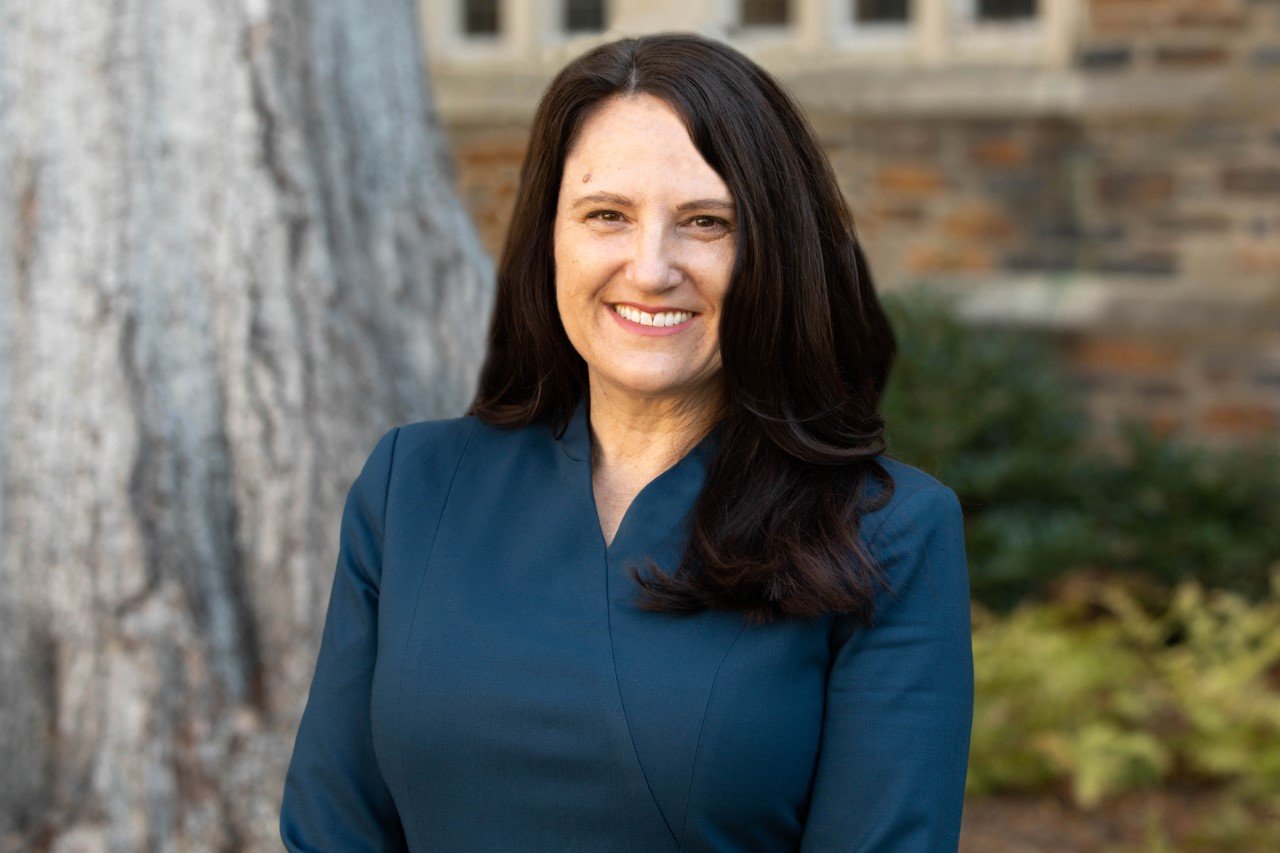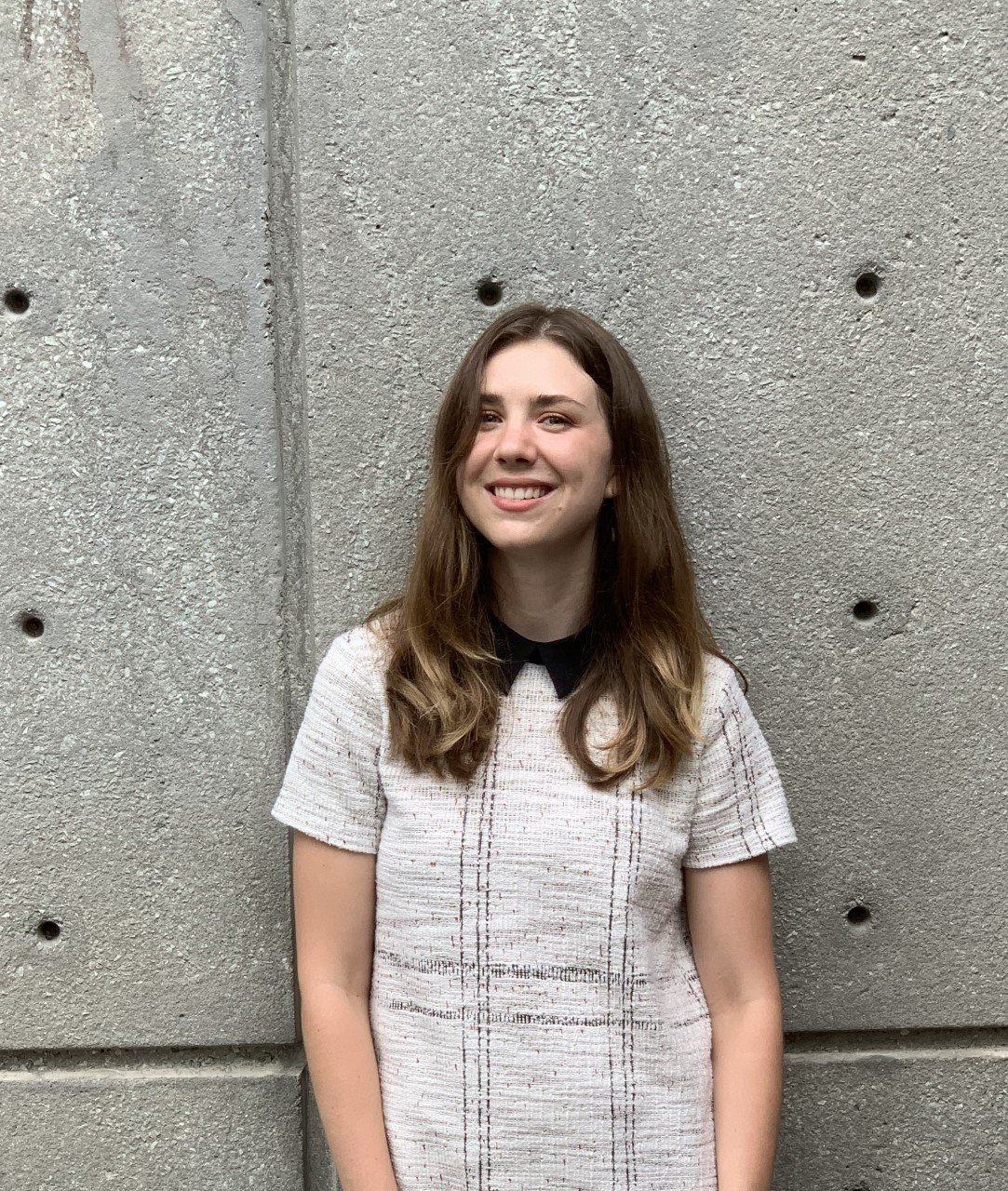The Marsh Lab is looking for a practicum student to join the team for Spring 2025!
About Us
The Marsh Lab focuses on understanding learning and memory, and the processes that make memory accurate in some cases and erroneous in others. One interest is how people acquire and update their knowledge bases. Consider a student who is learning geography; how should learning be structured so that she retains the capitals of many countries? Why does she think Toronto is the capital of Canada, and how can we correct that false belief? When she recalls that Paris is the capital of France, does she remember how she learned it or is this something she simply knows? Of interest are the conditions that promote learning and long-term retention of knowledge, the mechanisms through which errors enter the knowledge base, the correction of misconceptions, and the phenomenology of knowledge representations. These interests coincide with the goals of educators, meaning that this work has implications for educational practice.
A second interest involves remembering the personal past. Of interest is how people retrieve and use memories in social contexts, and the memorial consequences of such behavior. The ways memories are recalled in everyday situations typically differ from how recall is studied in the lab, and a complete understanding of memory must encompass how memory is actually used. A related question also involves misremembering the personal past, but focuses on how the familiarity of an event may be misinterpreted as evidence that the event actually occurred in one's past. For example, seeing a photo of an unfamiliar college campus increases its familiarity, which in turn increases people's beliefs that they visited that location in real life. The Marsh Lab is a cognitive psychology lab, with an emphasis on behavioral experiments. Much of our work has focused on memory in young adults, but new research extends this work to young children and older adults, to capture a lifespan perspective on remembering. The memories of children and older adults differ in important ways from the prototypical undergraduate subject, and age differences in learning and suggestibility are informative about the mechanisms underlying remembering and misremembering.
Marsh Lab is part of Duke University's Department of Psychology & Neuroscience.




